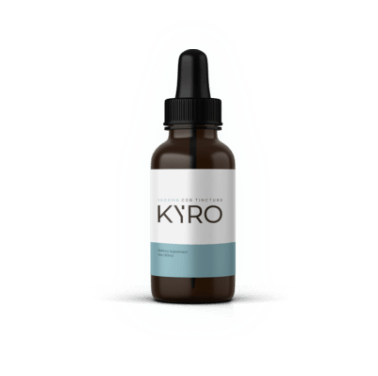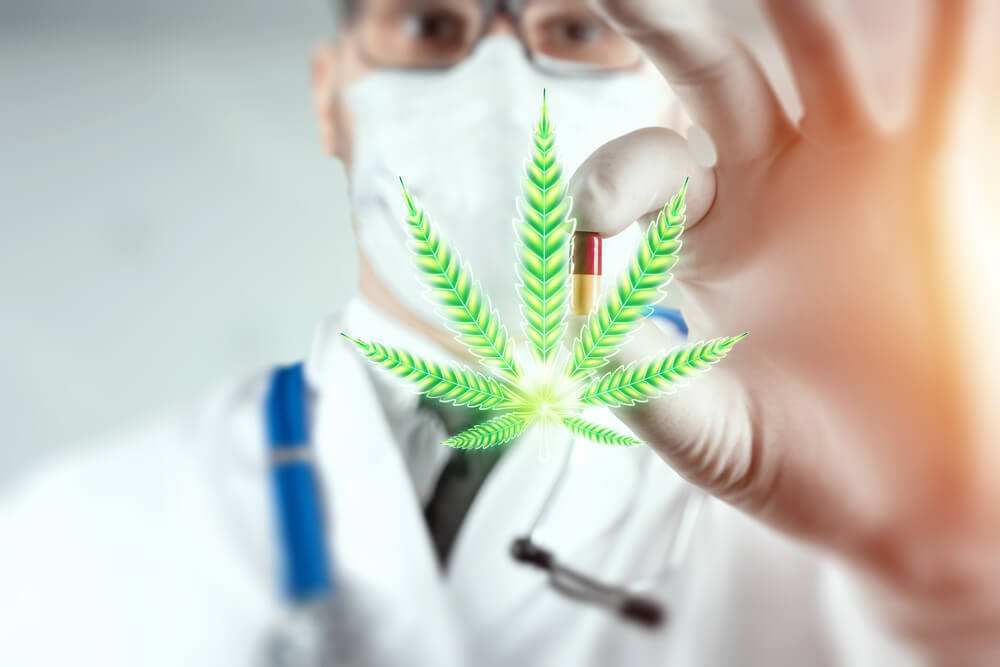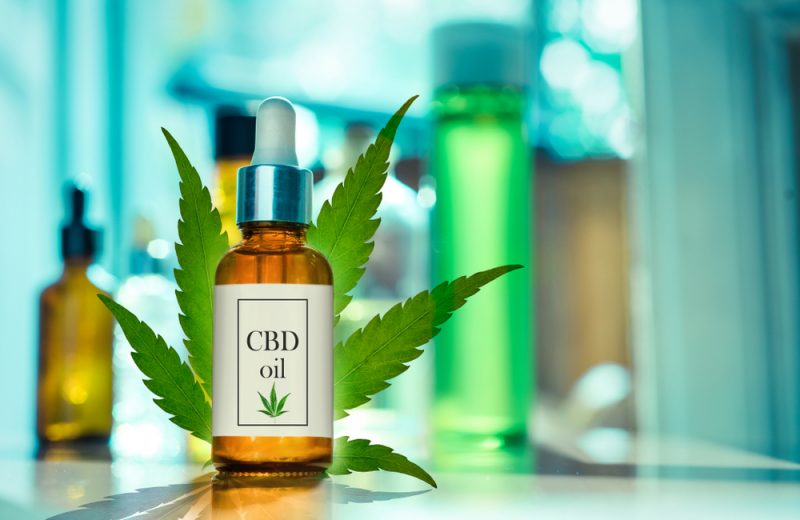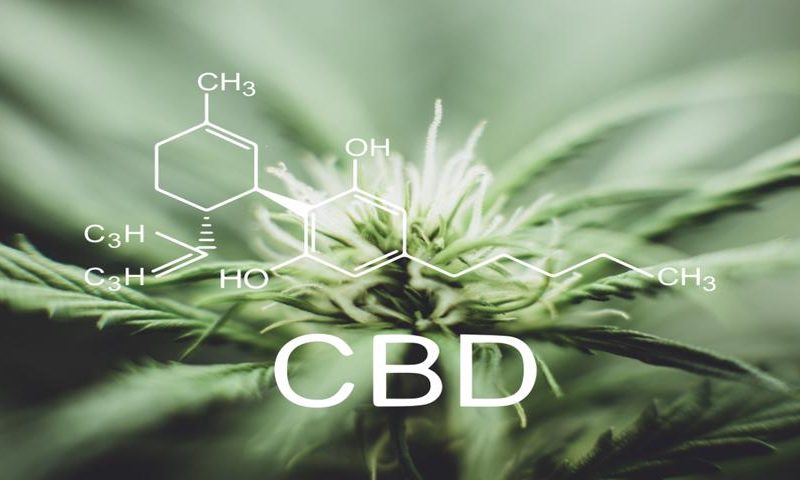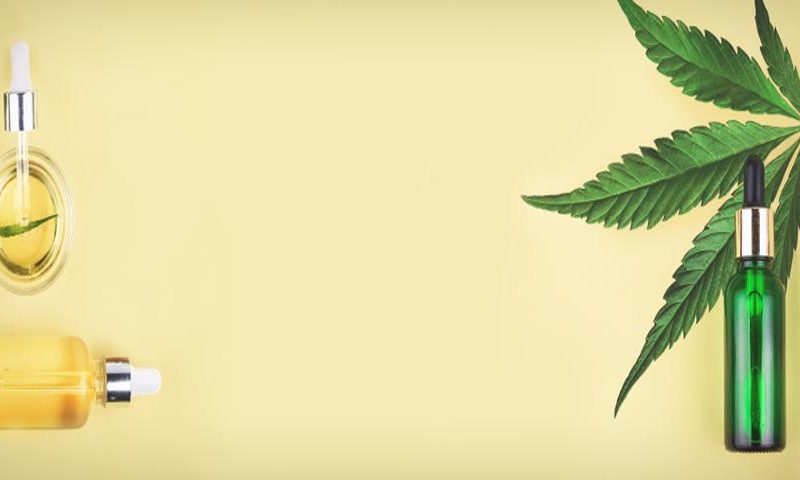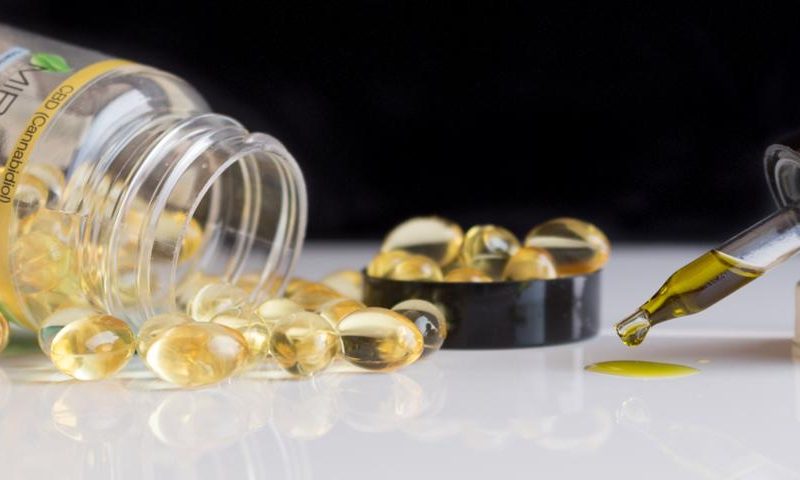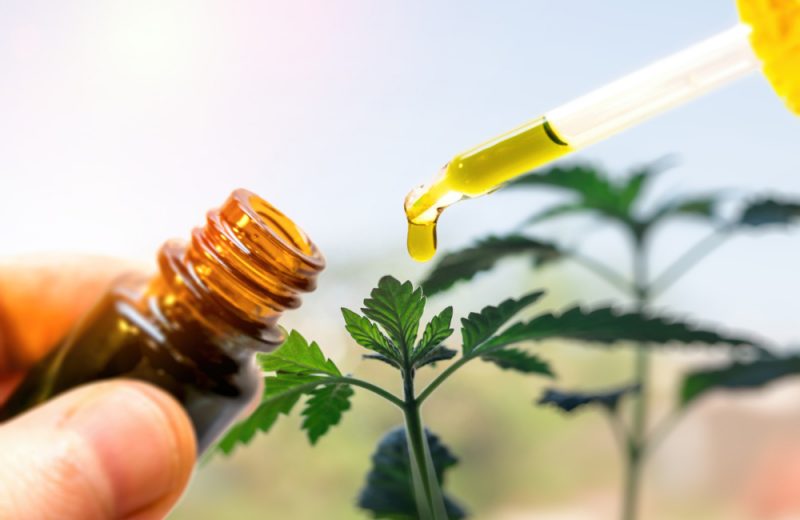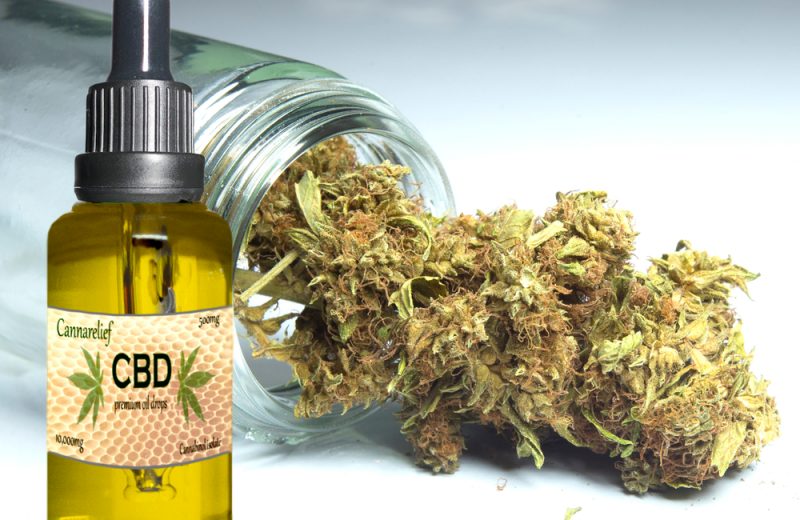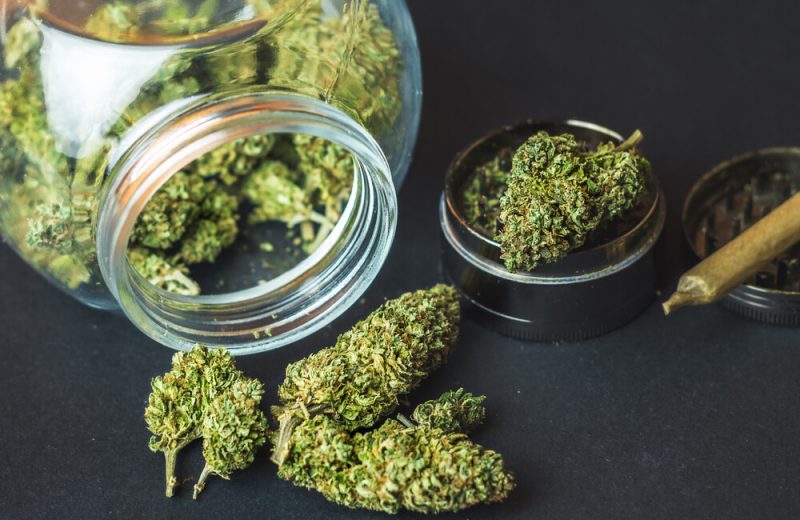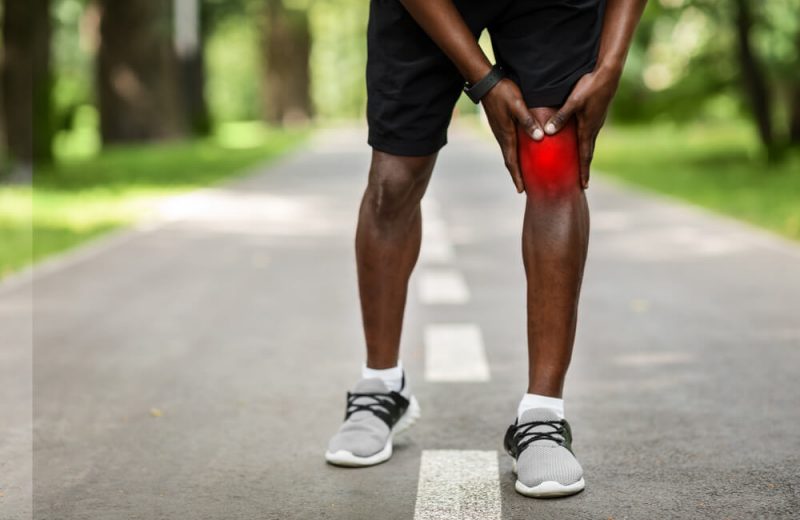At some point in their life, many people have had to pee in a cup as part of a mandatory drug test. If you’re a competitive or professional athlete, then you most certainly have had to submit to a drug test. Also, if you are an athlete, you may have an interest in using CBD to relieve muscle and joint pain. However, while overall, CBD is a safe product that will not get you high, it could cause a false positive on a drug test.
Is CBD Allowed in Sports?
This question is relevant to any athlete that plays at the pro or competitive level. Every sports league and organization has its own policies regarding CBD, so if you compete in sports, ask about their anti-doping policies. That said, let’s look at two athletic organizations and their stance on CBD.
World Anti-Doping Agency (WADA)
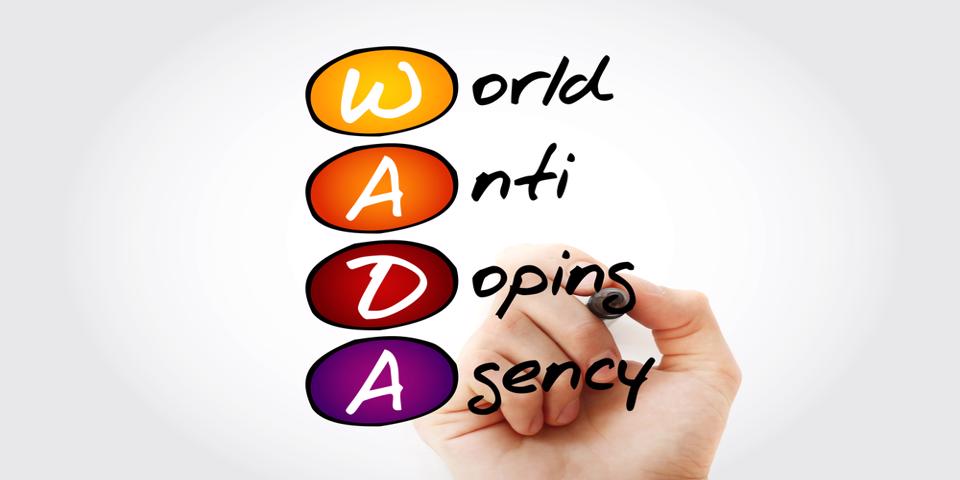
The World Anti-Doping Agency sets the international drug testing standards for the International Olympic Committee. It’s also the parent organization of the United States Anti-Doping Agency (USADA). Beginning in September 2017, CBD is no longer a prohibited substance. All hemp-derived CBD products are allowed as long as levels of THC don’t exceed 150 nanograms per milliliter.
National Collegiate Athletic Association (NCAA)
Currently, CBD is not on the NCAA’s official 2018-2019 list of banned drugs. But here’s the catch; the NCAA policy states that any substance not on the list that is related chemically to a substance that is on the list is also banned. Since the THC found in marijuana is on the list and is related to the cannabidiol (CBD) found in hemp, that means CBD is also prohibited.
Does Drug Testing Detect CBD?
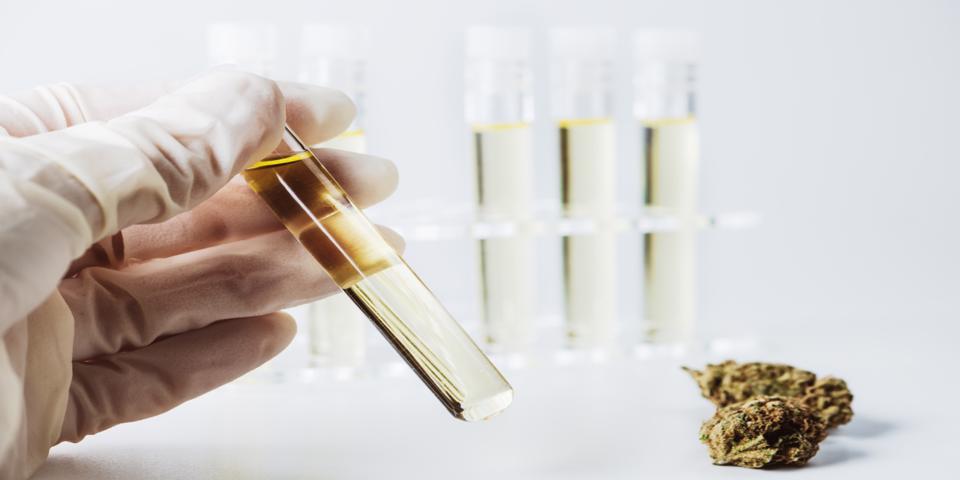
The usual urine, blood, saliva, or hair test does not analyze for CBD specifically. Most athletic organizations use a standard 5-panel drug screening test, which analyzes for barbiturates, cocaine, methamphetamine, opioids, and marijuana (THC). Some also use the more comprehensive 10-panel drug screening test, which also includes methadone, benzodiazepines, propoxyphene, tricyclic antidepressants, and methaqualone.
Since marijuana is on the list of banned substances, that means, trace amounts of THC in full-spectrum CBD products could show as a false positive. Keep in mind that full-spectrum CBD oils, edibles, and beverages should have THC levels below the legal 0.3%. This tiny trace of THC usually won’t show up on drug tests, however, it could.
How to Avoid a Positive Drug Test Result From Using CBD
First of all, know the difference between full-spectrum, broad-spectrum, and CBD isolate.
Full-spectrum CBD is manufactured with all of the cannabinoids, terpenes, and essential oils in the hemp plant. The types of hemp used to make CBD naturally have low levels of THC, but even this low level could trigger a positive on a drug test. Full-spectrum CBD has what is called the “entourage effect,” which means all of the compounds work together for a potent healing effect.
On the other hand, broad-spectrum CBD contains most of the cannabinoids, terpenes, and essential oils in the hemp plant. However, the THC has been completely removed. Broad-spectrum CBD is a good choice for anyone who needs to pass a drug test. It has nearly the same therapeutic effect as full-spectrum.
Finally, CBD isolate is the pure CBD in powder form. It’s made by removing every other compound found in the hemp plant including terpenes and flavonoids. However, since all of the other compounds have been removed, isolate doesn’t have the same overall effect as full or broad-spectrum.
On a final note, only buy broad-spectrum or CBD isolate from a reputable CBD company that does third-party testing to ensure THC levels are below the legal limit.

